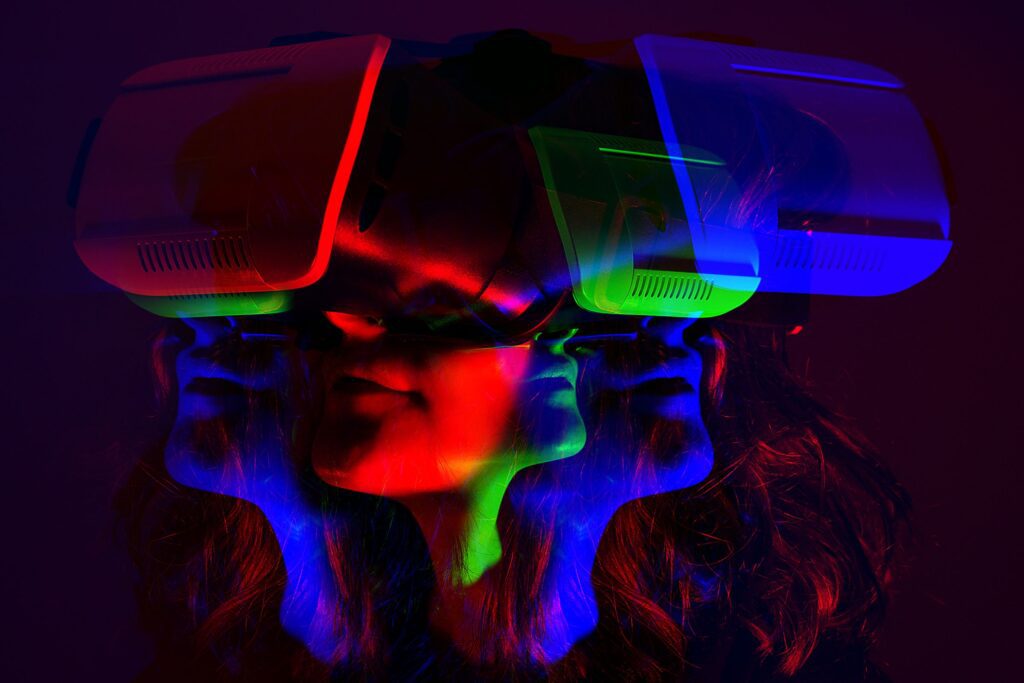Virtual reality technology is revolutionizing various industries, from entertainment to education, healthcare, and business. In entertainment, VR allows users to immerse themselves in a virtual world with unparalleled immersion and interactivity. In education, students can experience hands-on learning through virtual simulations and field trips. In healthcare, VR is used for pain management and surgical training. Businesses are using VR for virtual meetings, collaboration, and product design. As VR technology advances, the possibilities for more immersive experiences and new applications are endless. Virtual reality is no longer a futuristic concept but a game-changer in how we experience the world.
The Future is Now: How Virtual Reality is Changing the Game
Introduction
Virtual reality (VR) technology has come a long way in recent years, and it is revolutionizing the way we experience and interact with the world around us. From entertainment to education, healthcare to business, VR is changing the game in many industries and is poised to continue to do so in the future.
Entertainment
One of the most obvious ways that VR is changing the game is in the world of entertainment. VR headsets allow users to immerse themselves in a virtual world, whether it’s exploring a far-off planet or playing a game of tennis in their living room. This level of immersion and interactivity is unparalleled in traditional forms of entertainment, and it is only getting better with each new advancement in VR technology.
Education
Virtual reality is also making waves in the field of education. Students can now take virtual field trips to historical landmarks, perform virtual dissections in biology class, or even practice foreign language skills in a virtual environment. This type of hands-on, experiential learning is incredibly powerful and can help students better understand complex concepts in a way that traditional teaching methods cannot.
Healthcare
In healthcare, virtual reality is being used for everything from pain management to surgical training. VR can help patients manage chronic pain by distracting them with immersive experiences, or it can provide medical students with a safe and realistic environment in which to practice complex surgical procedures. As VR technology continues to improve, so too will its applications in the field of healthcare.
Business
Businesses are also beginning to see the potential of virtual reality. Companies are using VR for everything from virtual meetings and collaboration to product design and prototyping. VR can help businesses save time and money by allowing employees to work together in a virtual space, regardless of their physical locations. Customers can also benefit from VR by being able to virtually try on clothing or visualize how furniture will look in their homes before making a purchase.
The Future of VR
As VR technology continues to evolve, the possibilities are endless. From advancements in haptic feedback to improvements in headset technology, the future of VR is bright. We can expect to see even more immersive and realistic virtual experiences, as well as new applications in fields we have not even thought of yet. The future is now, and virtual reality is changing the game in ways we never thought possible.
Conclusion
Virtual reality is no longer just a futuristic concept – it is here, and it is changing the way we live, work, and play. From entertainment to education, healthcare to business, VR is revolutionizing many aspects of our lives and will continue to do so in the future. The possibilities are endless, and the future of virtual reality is truly exciting.
